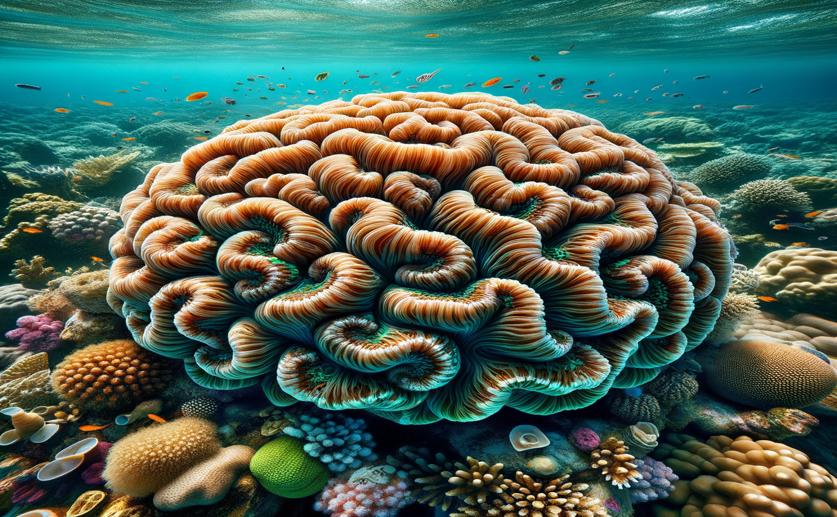
Analyzing Coral Health on an Individual Level
Jenn Hoskins
8th March, 2024

Image Source: Natural Science News, 2024
Key Findings
- Researchers developed a new method to study coral health at a detailed level
- The method can analyze how sunscreen chemicals and nutrients affect coral metabolism
- It distinguishes between corals with and without algae partners, aiding in understanding their symbiotic relationship
References
Main Study
1) Single-polyp metabolomics for coral health assessment.
Published 5th March, 2024
https://doi.org/10.1038/s41598-024-53294-8
Related Studies
2) Coral endosymbiont growth is enhanced by metabolic interactions with bacteria.
3) Earth beyond six of nine planetary boundaries.
4) Sensitivity of the Indo-Pacific coral Acropora millepora to aromatic hydrocarbons.



 4th March, 2024 | Jim Crocker
4th March, 2024 | Jim Crocker